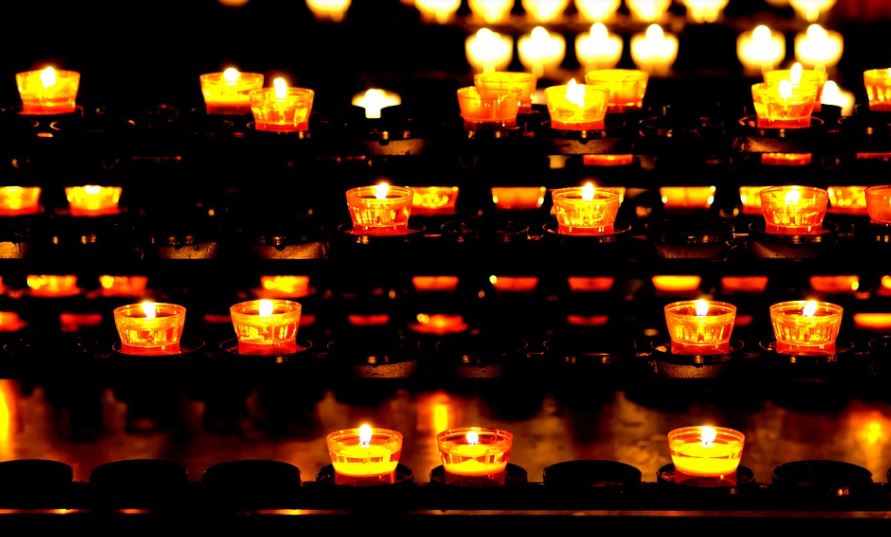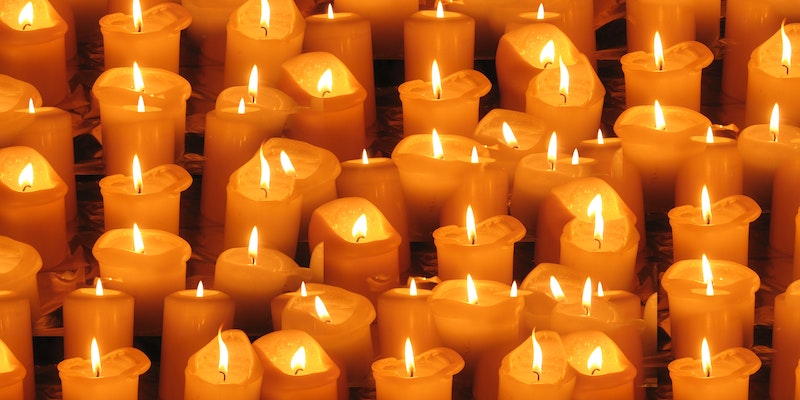- Contact Us Today
- (937) 278-4287
- lgfuneralhome@gmail.com
Steps to Take after Someone Dies

Common Mistakes Executing Wills
December 2, 2019
Why You Need an Advanced Directive Now
December 16, 2019Before cremations as part of the cremation services offered in Dayton, OH, after your loved one dies, there are steps that you’ll need to take next. Some will be immediate and others will occur in the days following your loved one’s death.
The very first step you need to take after someone dies is notifying people. If your loved one died in a hospital, then the medical staff will declare time of death and fill out their part of the death certificate. They call the funeral home for transport and clean and dress your loved one while they are waiting. Your loved one and the death certificate will go to the funeral home.
If your loved one died at home and was not in hospice care, then you’ll need to call 911. The responding ambulance will take your loved one to the hospital, and they will be transported from there to the funeral home.
If your loved one died at home and was in hospice care, then you’ll need to call the hospice agency. A hospice nurse will come and declare time of death, and begin filling out the death certificate. They will contact the funeral home for transport and prepare your loved one while they are waiting for the funeral home staff to arrive.
You will also need to notify immediate family members, employers (if your loved one was still working), clergy, and close friends. If other family members are with you, you can divide this task among them, so you don’t have to make all the calls yourself.
Next, if there are pets, children, or other dependents (such as elderly parents or disabled spouses or children), you’ll need to decide whose care they will be entrusted to and notify those people.
A third step that you’ll need to take is to do an inventory of both tangible (things) and intangible (financial accounts) to ensure that nothing disappears. If you were living with your loved one who died (you owned the house together or they were living in your house), this may not be necessary since you will still be living there.
However, if your loved one was living in their own house, then you need to secure things like computers, jewelry, cash, cars, and any other assets they have. Keep a written record of every asset. You may want to have the locks on the house changed so that only access to the house can be controlled (this is one of the tasks that the executor should do).
Locating the will and any other important papers is the next step you should take. If you are the spouse or executor, you should know where these are and already have access to them.
Planning the cremation will occur within the first 24 hours after your loved one has died. You will meet with the funeral director to decide whether you want a direct cremation with a memorial service at a later date or you want an indirect cremation, where a visitation and/or viewing and a funeral service takes place before cremation.
One of the questions you’ll be asked by the funeral director is how many copies of the death certificate you need. You will need death certificates to make life insurance claims, to settle any claims against the estate, to gain access to financial accounts, and to close accounts. Be sure to get at least 20 copies.
For more information about cremation services offered in Dayton, OH, our caring and knowledgeable staff at Glickler Funeral Home & Cremation Service is here to assist you. You can visit our funeral home at 1849 Salem Ave., Dayton, OH 45406, or you can call us today at (937) 278-4287.




